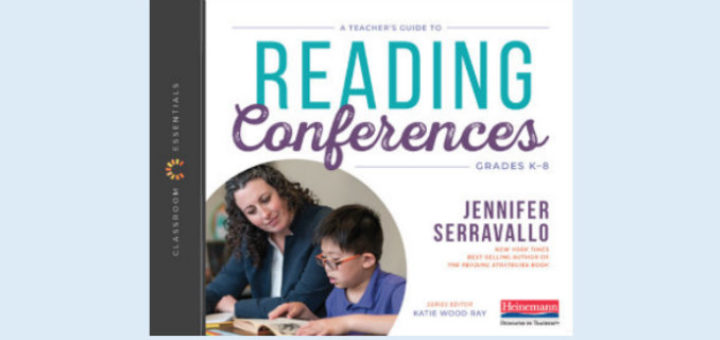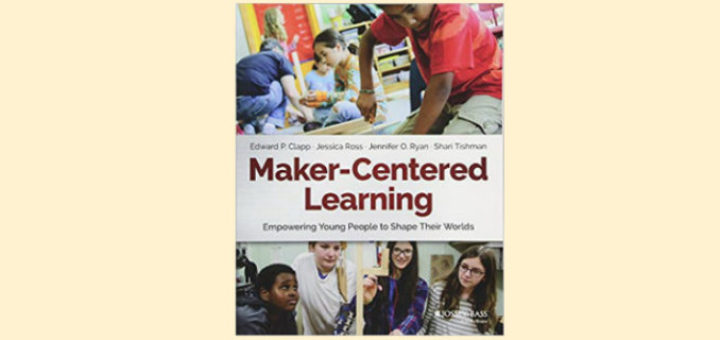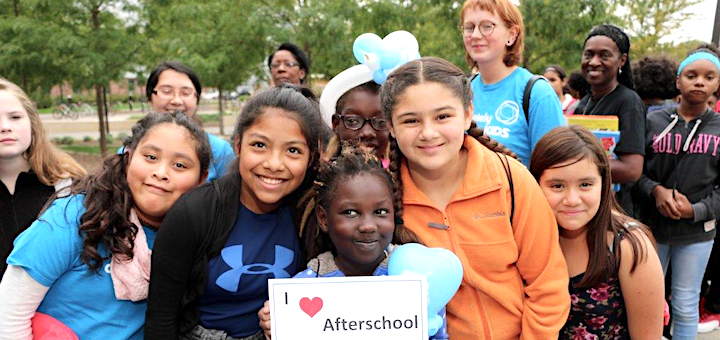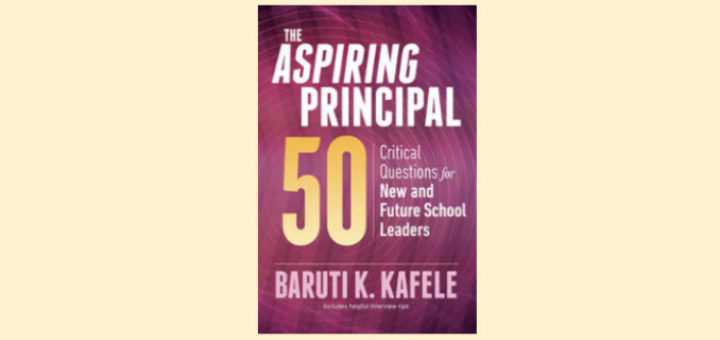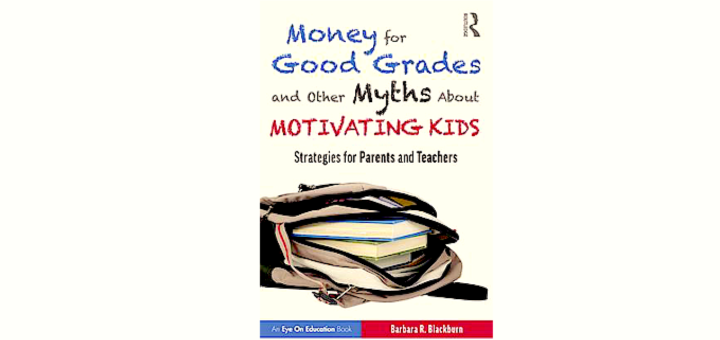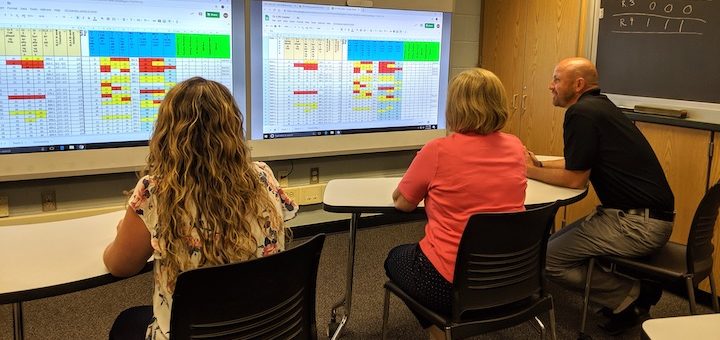Teaching and learning in grades 4-8
Jennifer Serravallo’s new book on reading conferences is a must-have if you’re ready to up your teaching game during independent reading time, writes Rita Platt. Her organized approach and bonus online resources provide everything teachers need to have quality conferences.
If you value student discussion, Not Light, But Fire is for you. If you value students working through big issues, this book is for you, too. Teacher Andrea Clark finds something usable and important for teachers of all grades in Matthew Kay’s thoughtful, engaging book.
Maker-Centered Learning: Empowering Young People to Shape Their Worlds provides a well-organized and well referenced look at the role of maker-centered learning and offers a perspective that is different from that of the popular press, writes educator Laura Von Staden.
When middle schools see afterschool programs as partners, they help keep kids safe, inspire them to learn, and give parents peace of mind, says Jodi Grant, CEO of Afterschool Alliance. The value added to students’ academic and social-emotional growth may surprise you!
In a few weeks, new middle schoolers will encounter challenges unlike any they’ve seen before: a half-dozen teachers making daily assignments, new afterschool choices, more homework. How’s a kid to keep track of it all? Always-organized Frank Buck suggests consolidation.
With the start of a new school year approaching, how can we make sure our middle school students are getting the support they need for an academically and personally successful school year? School leader Rhonda Neal Waltman offers three effective strategies.
If you’re thinking about a transition to school leadership, The Aspiring Principal 50 is a must read, writes educator Stacey Knighton. The book’s reflective format allows the reader to think about themselves as an instructional leader and prepare for the key interview.
In Money for Good Grades and Other Myths, Barbara Blackburn provides insight for parents and teachers regarding student motivation, expectations, and rewards. By highlighting common myths, Blackburn is able to debunk popular misconceptions, writes teacher Julianna Maurer.
Browse our top 10 posts since January 1. Topics include fair grading, dyslexia, teaching ELLs academic vocabulary, connecting with students, teacher buy-in, and SEL for MS’ers. Plus, practical tips on quick-writes, class starters, and “helping students remember stuff.”
While the leaders of Algonquin Middle School do not claim to be “on the cutting edge of utilizing data in every aspect of our school’s program,” AMS teachers and staff are making headway with seven action steps that are benefiting students, says principal Rob Messia.

